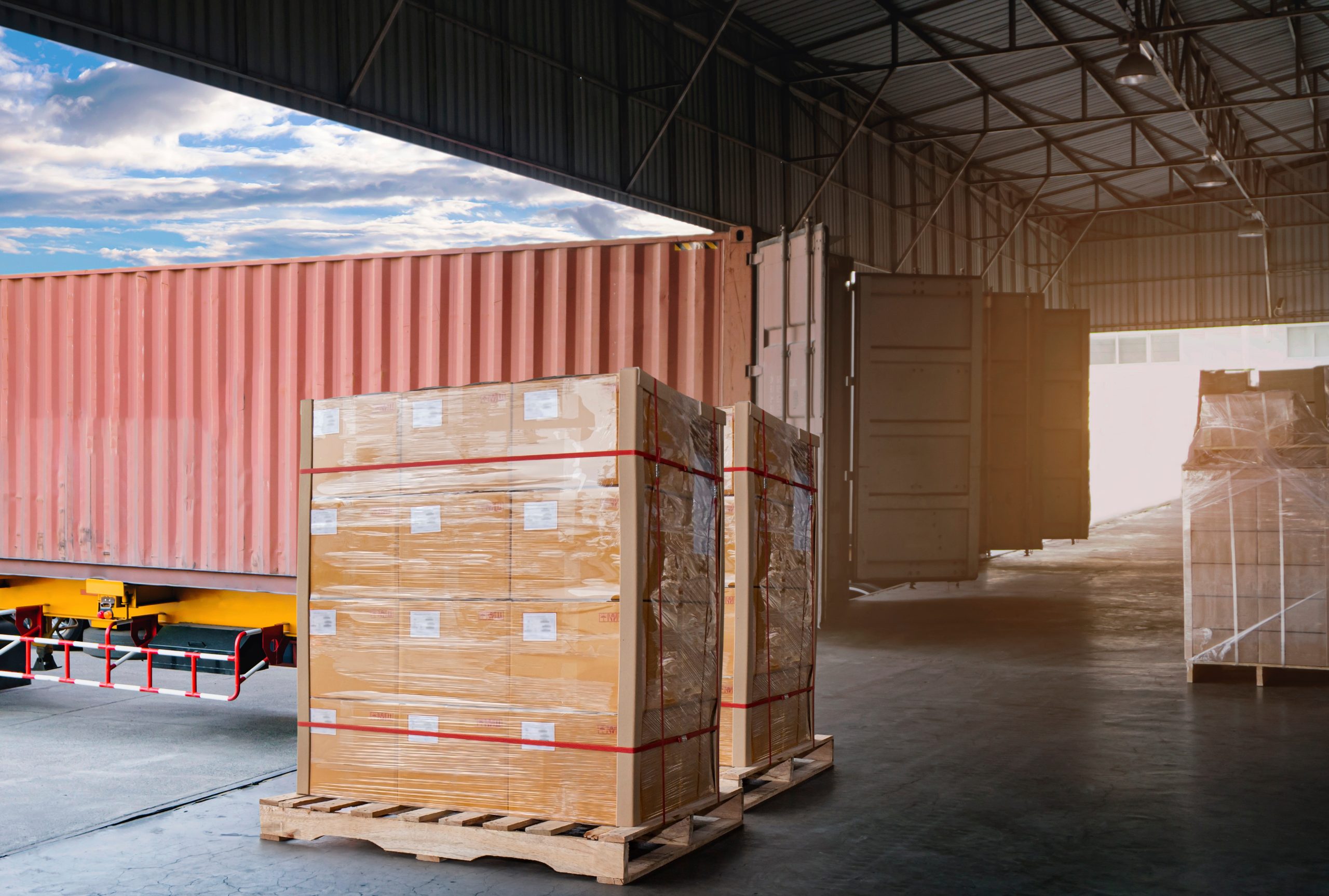Unlocking New Markets: Exporting from Germany to Libya with Wigmore Trading
Unlocking New Markets: Exporting from Germany to Libya with Wigmore Trading
As the world becomes more connected, businesses are increasingly looking to expand their reach into new markets. And one country that has been garnering attention in recent years is Libya – a nation with a growing economy and an appetite for quality products from abroad. But navigating the exporting process can be tricky, especially when it comes to complex regulations and cultural differences. That’s why companies like Wigmore Trading have taken on the challenge of unlocking new markets for German businesses by providing expert guidance and support throughout the entire export journey. In this blog post, we’ll explore how Wigmore Trading is helping companies succeed in exporting from Germany to Libya – and how you can take advantage of this exciting opportunity as well!
Introduction to Wigmore Trading
Wigmore Trading is a German company that specializes in exports to Libya. Founded in 2006, the company has a long history of working with Libyan partners to provide quality products and services.
Wigmore Trading’s export business is based on the following principles:
– Quality: Wigmore Trading only works with reputable suppliers who can provide high-quality products.
– Service: Wigmore Trading’s team is dedicated to providing excellent service to its Libyan partners.
– Flexibility: Wigmore Trading is flexible and able to adapt its products and services to the specific needs of its Libyan partners.
An Overview of the German Export Market
As the world’s fourth largest economy, Germany is a powerhouse when it comes to exports. In 2018, Germany exported goods worth €1.3 trillion. That’s 10.6% of the EU’s total exports and almost double the value of UK exports that year.
What does Germany export?
Germany is known for its high-quality engineering products, including vehicles, machinery, and chemicals. But it also exports a range of other products, such as:
Food and drink
Clothes and textiles
Electrical goods
Consumer products
Where does Germany export to?
Germany exports to countries all over the world. Its top trading partners are:
Europe: 62%
Asia: 15%
North America: 9%
Africa: 3%
Oceania: 1%
South America: 1%
What are the top markets for German exports?
The EU is by far Germany’s biggest market, accounting for more than half of all German exports. Other important markets include China, the US, and Switzerland.
Requirements for Exporting from Germany to Libya
In order to export from Germany to Libya, businesses must comply with a number of requirements.
First, businesses must obtain an export license from the German Federal Ministry of Economics and Technology. The application process for an export license can be found on the ministry’s website.
Second, businesses must ensure that their products are compliant with Libyan standards and regulations. A list of Standards Organisations in Libya can be found here.
Third, businesses must register with the Libyan Chamber of Commerce and Industry. More information on this process can be found here.
Fourth, businesses must have a valid commercial invoice which includes all relevant details about the transaction including a description of the goods being shipped, the value of the shipment, the name and address of the buyer and seller, and the date of shipment.
Fifth, businesses must have a packing list which includes all relevant details about the contents of each package being shipped including the quantity, weight, dimensions, and value of each item.
Businesses should consult with a freight forwarder who specializes in shipping to Libya in order to ensure that their products are properly packaged and labeled for customs clearance purposes.
How to Prepare Your Goods for Export
When exporting goods from Germany to Libya, it is important to take into account the different regulations and requirements of the two countries. Here are some tips on how to prepare your goods for export:
1. Make sure you have all the necessary documents in order, such as commercial invoices, packing lists, and certificates of origin.
2. Choose the right mode of transport for your goods. Sea freight is often the most economical option for large shipments.
3. Pack your goods properly to ensure they arrive in good condition. Use strong packaging material and pack items securely so they cannot move around during transport.
4. Make sure you are familiar with the customs regulations of both Germany and Libya and that your shipment complies with them.
By following these tips, you can help ensure a smooth export process and avoid any delays or problems with customs clearance.
Documentation Needed for Shipping from Germany
When shipping from Germany to Libya, the following documentation is required:
1. A commercial invoice that includes a detailed description of the goods being shipped, the value of the goods, and the name and address of the seller and buyer.
2. A packing list that details the contents of each package being shipped.
3. A bill of lading that lists the name of the vessel, voyage number, shipper, consignee, and notify party (if applicable).
4. A certificate of origin that certifies that the goods being shipped are of German origin.
5. An export license if the value of the shipment exceeds 5,000 Euros or if the goods being shipped are subject to export controls.
Insurance for Exporting Shipments
When it comes to shipping your goods overseas, insurance is a must. Whether you’re exporting from Germany to Libya or any other country, Wigmore Trading can help you get the coverage you need. We offer a variety of insurance options for exporting shipments, so you can choose the one that best suits your needs.
For example, our All Risk policy covers your shipment against all risks of physical loss or damage from any external cause while in transit. This includes coverage for events such as accidents, weather damage, and theft. So if your shipment is lost or damaged during transit, you’ll be compensated up to the full value of your goods.
We also offer an Extended Coverage option for an additional premium. This provides coverage for things like war and nuclear risks, which are not covered under our standard policies. With Extended Coverage, you can rest assured that your shipment is protected against a wide range of potential risks.
No matter what type of coverage you need, Wigmore Trading can help you get the protection you need for your exports. Contact us today to learn more about our insurance options and get a quote for your shipment.
Wigmore Trading’s Services for Exporters
Wigmore Trading offers a comprehensive range of services to support companies exporting from Germany to Libya.
Our team of experienced export consultants can provide advice on all aspects of the export process, from market research and product sourcing to shipping and logistics. We also offer a range of financial services, including foreign exchange and risk management.
We have a dedicated team of in-country experts who can provide on-the-ground support in Libya, including market intelligence, local partner identification and business set-up assistance.
If you are thinking about exporting from Germany to Libya, or if you are already exporting but looking to expand your operations, we can help. Contact us today to find out more about our services for exporters.
Conclusion
In conclusion, the German-Libya trade relationship presents a plethora of opportunities for German businesses. With the right guidance from experts like Wigmore Trading, companies can unlock new markets and secure lucrative deals with Libya. By carrying out careful research into the country’s business practices and making use of experienced traders such as those at Wigmore Trading, it is possible to gain access to all that this untapped market has to offer.








LEAVE A COMMENT
You must be logged in to post a comment.